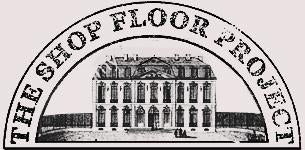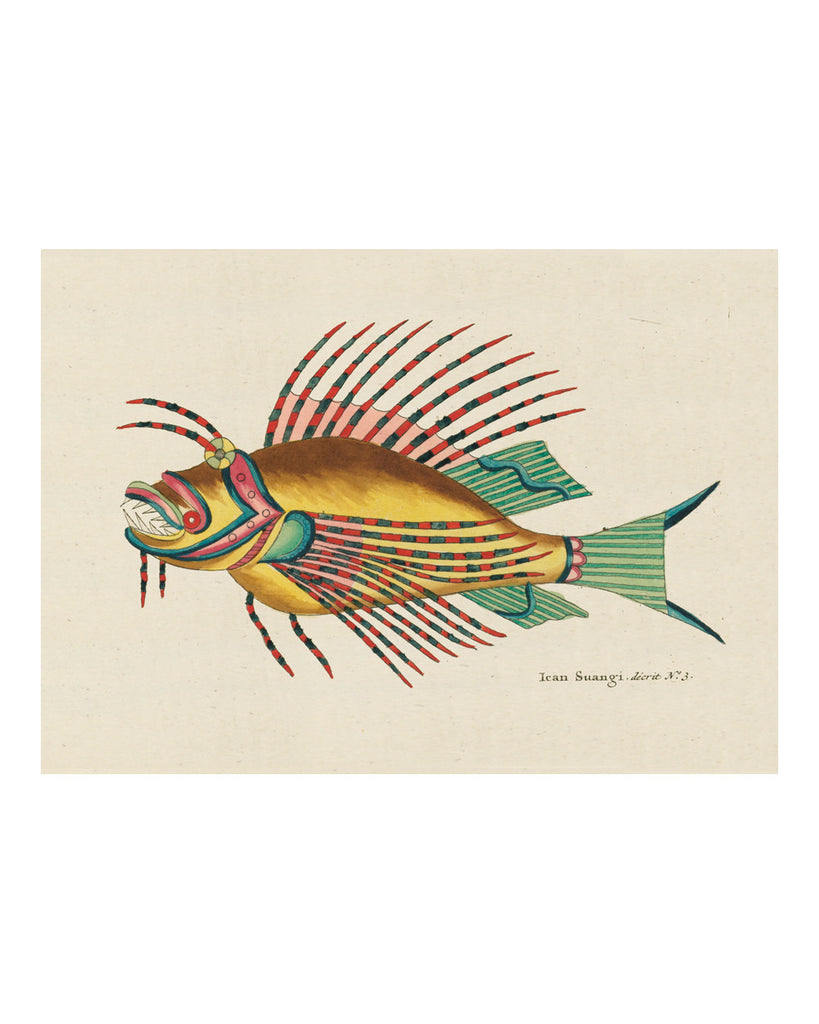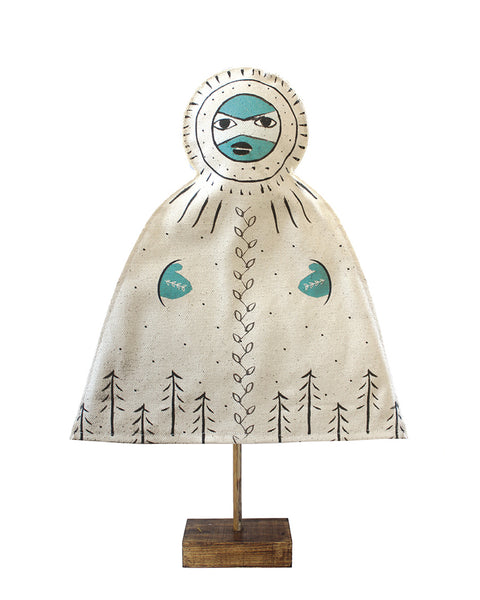Product Details
UNFRAMED PRINT SIZE: A4 / 210 x 297mm / 21 x 29.7cm / 8.3 x 11.7 inches
FRAMED SIZE: 310 x 397mm / 31 x 39.7cm / 12.2 x 15.6 inches
Frame options: Oak with mount, White with mount, Black with mount, Putty with mount
Giclee printed on paper stock: Aquarelle Rag 310gsm.
(The finest quality, archival, acid-free paper. Aquarelle Rag is a beautifully textured paper, similar to that of traditional watercolour. It’s natural white tone highlights the colour intensity of different pigments, including blacks.)
Printed in England
Authentication label on reverse
See more framing details here
Please note: Our framers are recognised by the Fine Art Trade Guild for their quality because the custom frames have tightly pinned corners, and are made from precision cut wood in England, made bespoke for each order. All our frames are glazed with our Clarity+ Perspex. It's cut from the highest quality acrylic sheet that's both crystal clear, but also safe and filters out 99% of UV light to protect the artwork.
The Story
In 1719, in the midst of the Age of Enlightenment, when scientific and artistic exploration was sweeping across Europe, a curios man named Louis Renard (publisher, medicine merchant and ‘spy for the British Crown’) was busy creating what is thought to be the first publication of fish in colour.

Renard’s hand painted engravings of over four-hundred fish are an amalgamation of various sources resulting in a collection of images which may be far from the original specimen. Using taxidermy, eye-witness accounts, earlier studies by artist Samuel Fallour and scientific descriptions, Renard created a portfolio of remarkable and fantastical creatures.

Just one-hundred copies of his book were produced and Renard presented it to many in his circle, including Hans Sloane (founder of The British Museum) and the Earl of Bute (mentor to King George III and the man largely responsible for the development of the Botanical Gardens at Kew Palace). Although highly fanciful, all of the fish are based on known species and as Mai Reitmeyer from the American Museum of Natural History writes "this book is an important part of the scientific literature of the eighteenth century, the new Age of Enlightenment". Recently one of the original books sold for almost £50,000 at Christies.

(Above: the hand marbled end-papers in the book are stunning)
The Shop Floor Project has produced a limited edition print collection from one of these original volumes, each one numbered and stamped on the reverse with the full name of the publication and author.
















